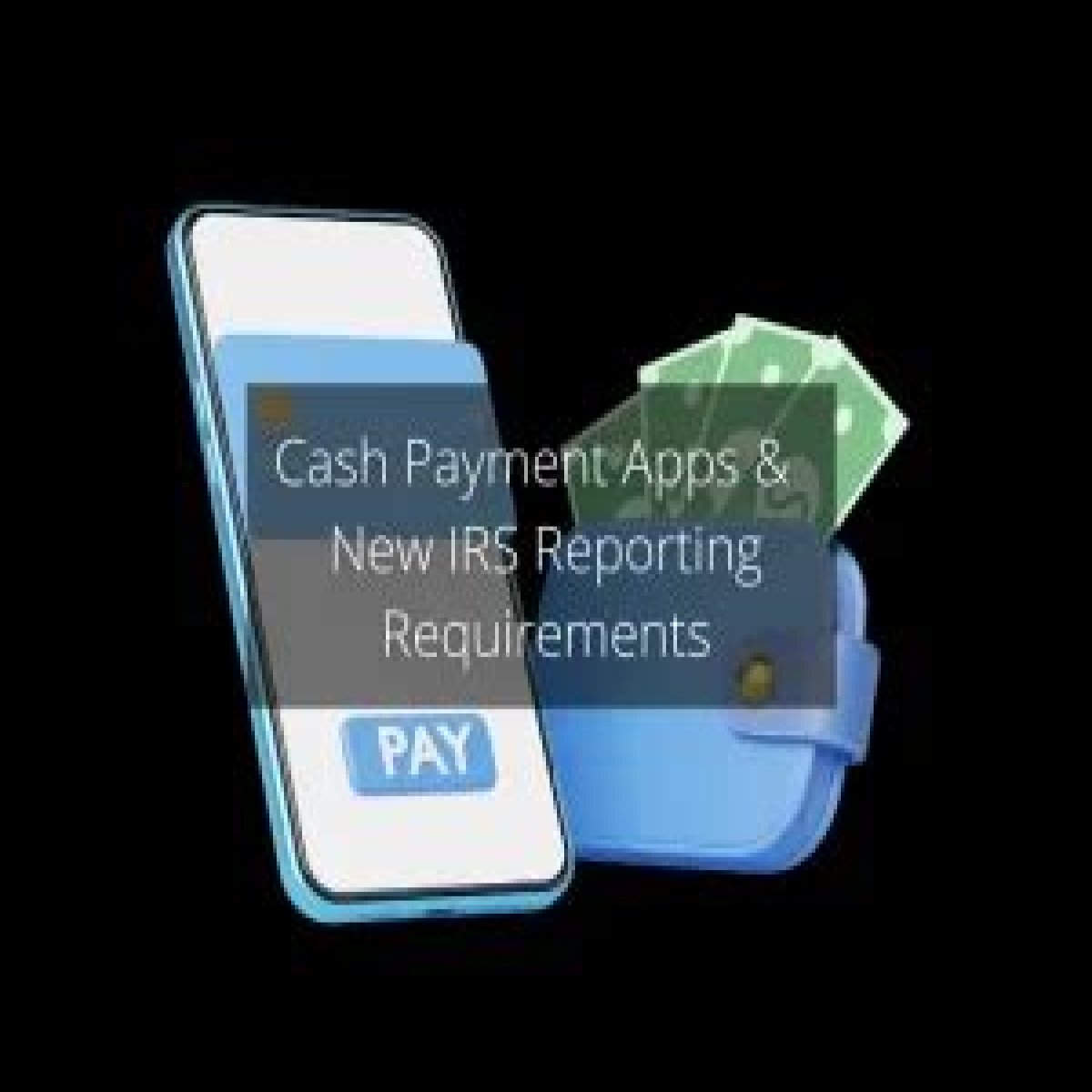In today's digital age, the way we handle money has evolved significantly, with platforms like Cash App becoming increasingly popular. Many users utilize Cash App for various financial transactions, including sending and receiving money, making purchases, and even investing in stocks. However, with this convenience comes a responsibility to understand how these transactions are viewed by the IRS. As we delve deeper into the relationship between the IRS and Cash App, it is essential to consider tax implications, reporting requirements, and best practices for managing your finances on this platform.
The IRS has specific guidelines when it comes to digital payment platforms, and Cash App is no exception. Users often wonder how their transactions may impact their tax obligations and what they need to report to the IRS. As more individuals and businesses adopt Cash App for their financial activities, understanding these regulations becomes paramount to avoid potential penalties and ensure compliance.
In this article, we will explore various aspects of using Cash App in relation to IRS regulations, including common questions that arise among users, tips for proper reporting, and how to navigate potential pitfalls. Whether you are an individual using Cash App for personal transactions or a business owner utilizing it for commercial purposes, being informed about the IRS and Cash App is crucial for your financial well-being.
What is Cash App and How Does it Work?
Cash App is a mobile payment service developed by Square, Inc. that allows users to transfer money to one another using a mobile app. Cash App provides a simple and efficient way to send money, pay bills, and even invest in stocks and Bitcoin. Below are some key features of Cash App:
- Instant money transfers
- Cash Card for in-store purchases
- Stock and Bitcoin trading capabilities
- Direct deposit for paychecks
How Does Cash App Affect Your Taxes?
Using Cash App for personal transactions typically does not have significant tax implications. However, if you are using Cash App for business purposes or receiving payments for goods and services, you need to understand how these transactions are treated by the IRS. Here are some important considerations:
- Payment thresholds: The IRS requires reporting if you receive more than $600 in payments for goods or services through Cash App.
- Recordkeeping: Keep detailed records of all transactions to ensure accurate reporting during tax season.
- Self-employment income: If you are self-employed, you must report any income received through Cash App as part of your total earnings.
What Transactions Need to Be Reported to the IRS?
Not all Cash App transactions need to be reported to the IRS. However, it is important to identify which transactions are taxable. Here are some examples:
- Payments for goods and services
- Business-related expenses
- Freelance income
Are There Any Penalties for Not Reporting Cash App Income?
Failing to report income received through Cash App can lead to severe penalties from the IRS. Some potential consequences include:
- Fines and interest on unpaid taxes
- Increased scrutiny from the IRS
- Potential criminal charges for tax evasion
How Can You Prepare for Tax Season with Cash App?
To ensure you are prepared for tax season when using Cash App, consider the following tips:
- Maintain thorough records of all transactions
- Separate personal and business accounts
- Consult a tax professional for guidance on reporting requirements
What Features Does Cash App Offer for Tax Management?
Cash App provides several features that can assist with tax management, including:
- Transaction history for recordkeeping
- Exporting transaction data for easy reporting
- Integrations with accounting software
Final Thoughts on IRS and Cash App
Understanding the connection between the IRS and Cash App is essential for users to navigate their financial obligations effectively. By staying informed about tax reporting requirements, maintaining accurate records, and utilizing the features offered by Cash App, you can ensure compliance and avoid potential penalties. Whether you use Cash App for personal transactions or business purposes, being proactive in your tax management will benefit you in the long run.
Unleashing The Unexpected: The Story Behind Taylor Swift TwerkingUnveiling The Glamour: 911 Show Hair Extensions Full EpisodeUnderstanding The Significance Of 5 5 160: A Unique Perspective
